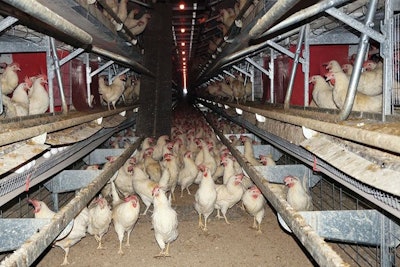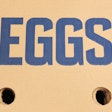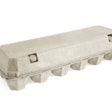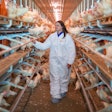
On July 28th, 2021, California’s Proposition 12 law was tested in a federal courts appeal by the National Pork Producers Council (NPPC) and the American Farm Bureau Federation (AFBF). The two organizations claimed the law imposed unwarranted costs on out-of-state pork producers, which will be required to comply with the requirement. The 24 page publication by U.S. Circuit Judge Sandra S. Ikuta, which resulted in a 3-0 decision, of the United States Court of Appeals for the Ninth Circuit can be viewed here.
“Even though the Council has plausibly alleged that Proposition 12 will have dramatic upstream effects and require pervasive changes to the pork production industry nationwide, it has not stated a violation of the dormant Commerce Clause under our existing precedent,” states the appeal.
The appeal claims that Proposition 12 does not dictate the price of a product and does not tie the price of in-state products to out-of-state prices. Additionally, the court believes that the alleged cost increases to market participants and customers did not qualify as a substantial burden to interstate commerce for purposes of the dormant Commerce Clause (a legal doctrine that prohibits state legislation and discrimination against interstate commerce).
Because of Proposition 12, multiple egg producers have been changing their operations to cage-free after California voters passed Proposition 12 in 2018. The movement has caused worries about the practicalities of meeting the cage-free demands.
Proposition 12 has caused an uproar in the food production industry due to the argument that California does not have the right to regulate how other states are raising their farm animals. Just a month ago, the U.S. Supreme Court dismissed a lawsuit filed by the North American Meat Institute (NAMI) against the Initiative. Likewise, 15 states participated in a 2020 legal briefing supporting a lawsuit by the NPPC and the AFBF that previously challenged the law.
















